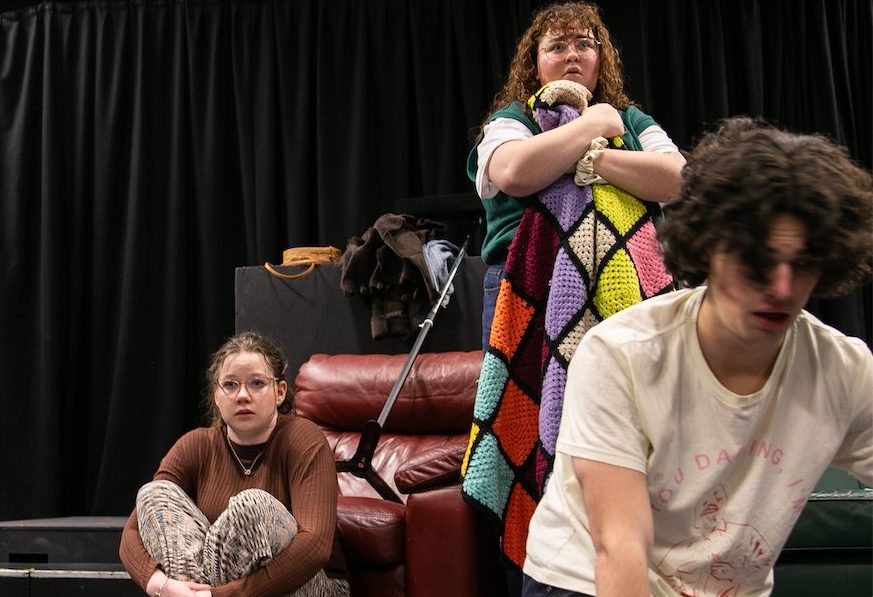
IF Joanna Richards is to be categorised as an “emerging” playwright, then the coming production of her debut, “You Can’t Tell Anyone”, will see her fully surfacing.
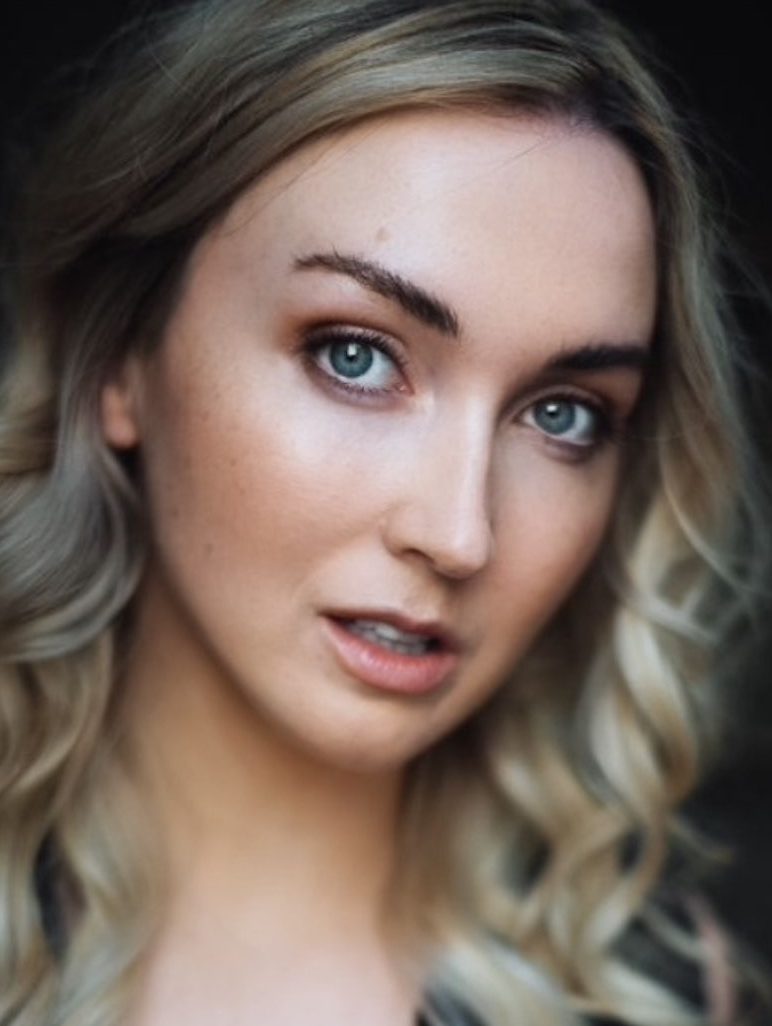
Directed by another “emerging” veteran, Caitlin Baker, the philosophical thriller is a development from a script shown last year in development by Canberra Youth Theatre and is the result of the company’s 2021 Emerging Playwright Commission.
Richards, who divides her time between Canberra and New York, has been seen acting in “Venus in Furs” and “20 Minutes with the Devil” at The Street Theatre.
Both playwright and director have been amply supported by the company, in Richards’ case with a nationwide professional commission awarded annually to an emerging Australian playwright and Baker as part of Youth Theatre’s pre-professional Emerge Company and as assistant director on several productions.
It’s the end of year 12 somewhere not very far away, and Gwen, whose parents are out of town, is throwing a party where the idea is to spend the night drinking, playing games and arguing. What could possibly go wrong?
It’s cast with actors aged 18 to 22, which poses its own challenges, since – as Baker is quick to point out – the emotional intelligence of 18-year-olds is still not fully developed and yet 22-year-olds are acting them.
But Richards, who has studied writing for television at the Australian Film Television and Radio School, believes we often underestimate the depth and complexity of teenagers’ minds, so what was most important to her was that her play “spoke the language of young adults”.
She detects elements of theatre of the absurd in her script, especially when the characters are all talking at once.
“It’s actually natural dialogue – people are always talking over each other,” she says, and that’s pretty well what we do in the interview.
Richards has pinpointed a moment in time when all the context from the young people’s schooldays is about to disappear and people who have been friends since kindy are suddenly strangers – now, how can that happen?
“How do you know each other when you don’t know who you are yourself?” Baker asks rhetorically.
“We outgrow things,” Richards says, while Baker likens growing up to boiling a frog very slowly.
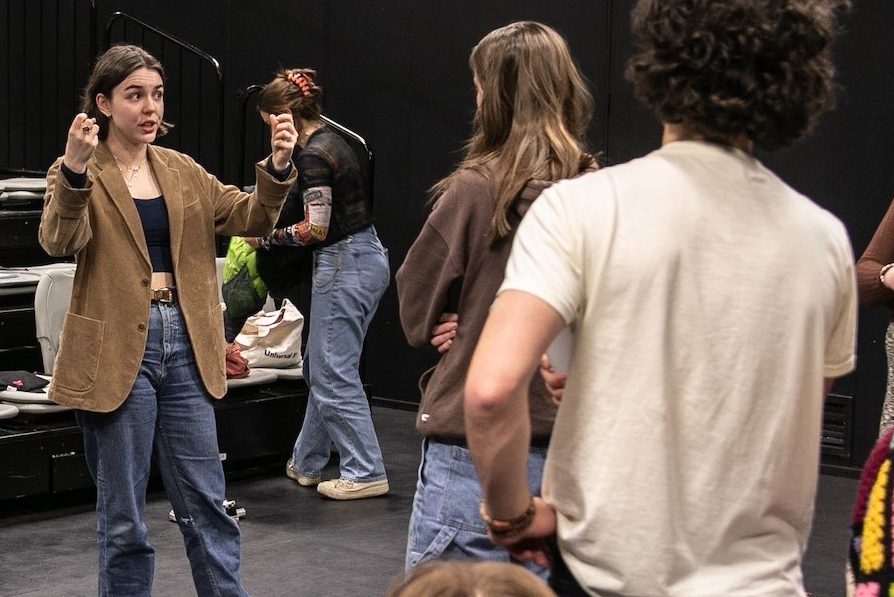
One key example is seen when Willa trusts Kat with a secret. Kat thinks she knows better and reveals it and the question arises – how could they ever have been friends?
“In school, you’re equalised, but after school, with different actions and settings, childhood dreams become adult nightmares,” Richards says.
“The play is set on the cusp of something, torn between spirituality and science, the characters have very strong ideas, although the most dogmatic end up holding the opposite view.”
Baker says that designer Kathleen Kershaw has created a set that from the model looks cosy and warm, but actually represents a place that once was safe but is now not safe, with the edges of the stage literally falling away, creating a scary feeling of vertigo.
At the core of the play, Richards says, is a party game called “Paranoia”.
“It’s ultimately a very dangerous game and it means that no one, including the audience, will leave the same,” says Richards.
“You Can’t Tell Anyone”, The Courtyard Studio, August 10-20.
Who can be trusted?
In a world of spin and confusion, there’s never been a more important time to support independent journalism in Canberra.
If you trust our work online and want to enforce the power of independent voices, I invite you to make a small contribution.
Every dollar of support is invested back into our journalism to help keep citynews.com.au strong and free.
Thank you,
Ian Meikle, editor
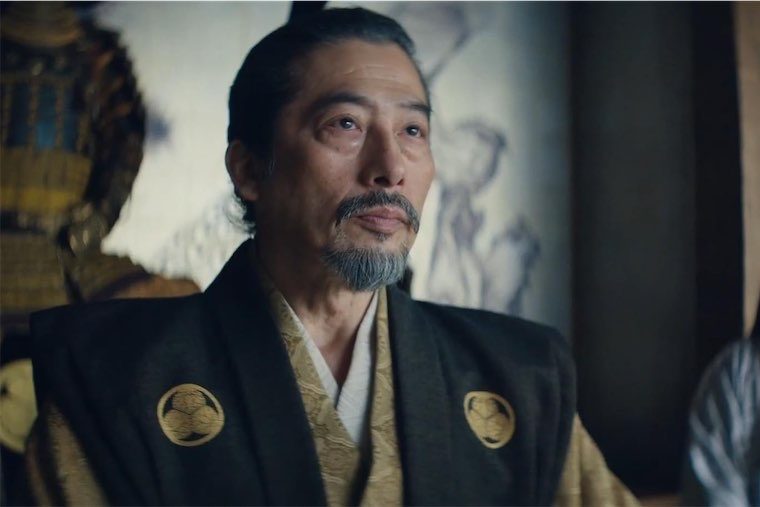
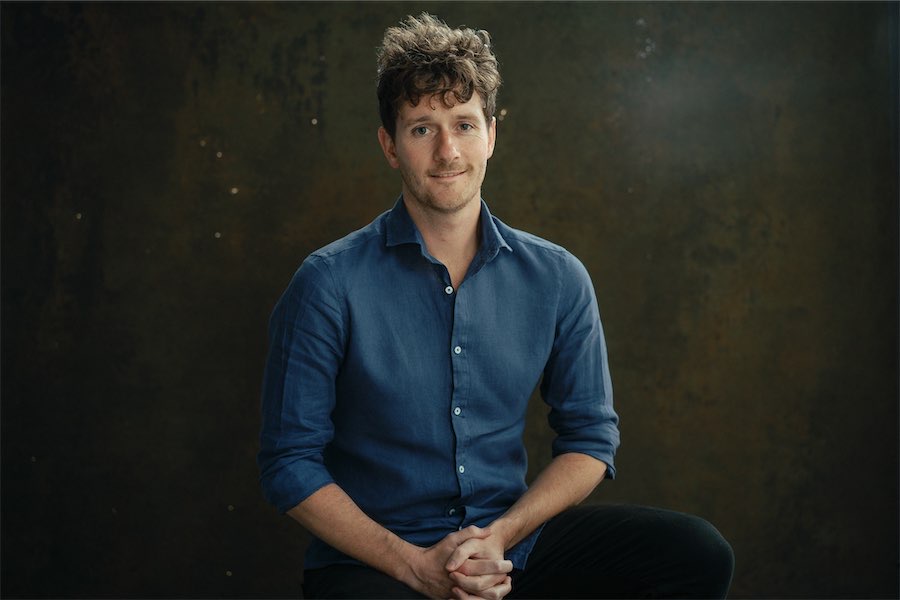


Leave a Reply